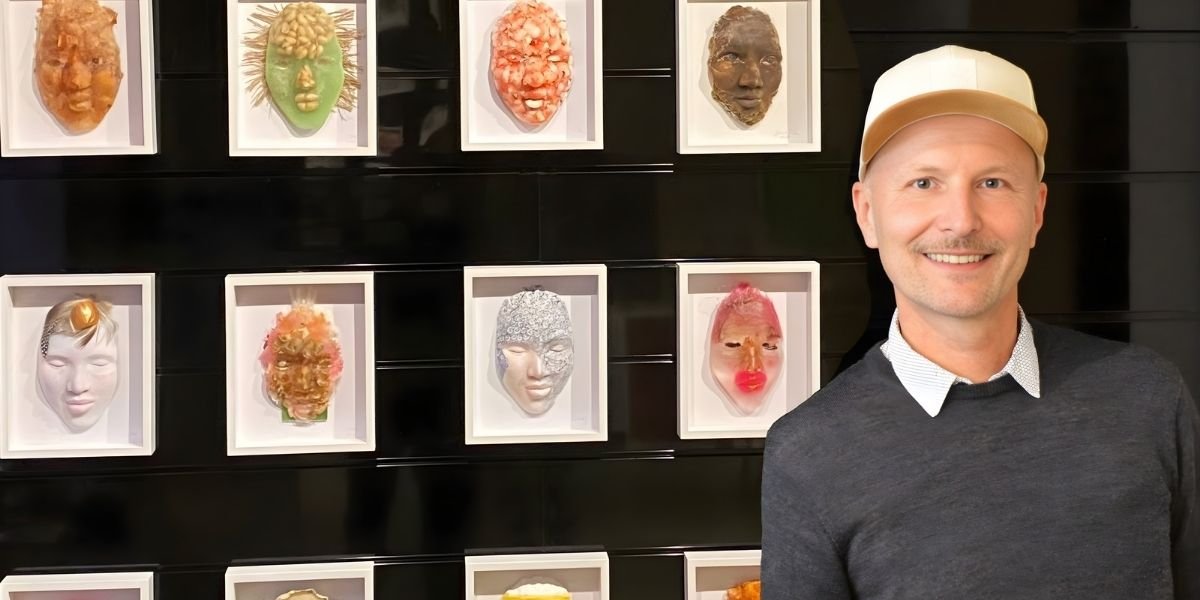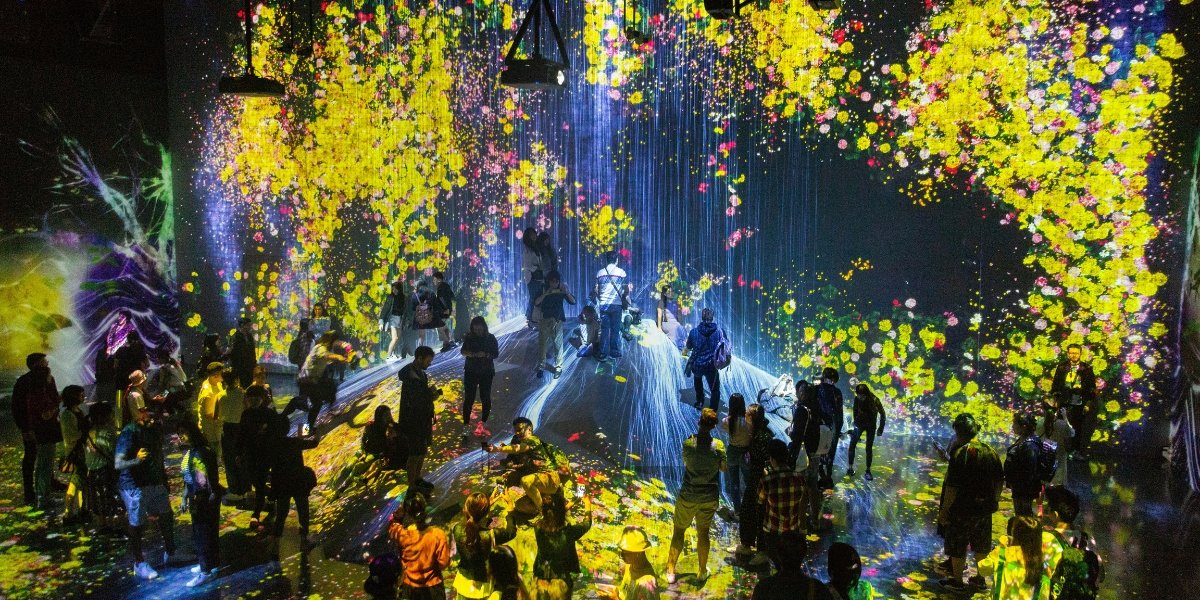Autotune has been a hot topic in the music industry for decades, with some praising its ability to enhance vocal performances and others criticizing its use as a crutch for less talented singers. But as music continues to evolve and new technologies emerge, many are left wondering: is autotune still a relevant tool in music today? In this article, we’ll explore the history of autotune, its impact on modern music, and whether it remains a valuable tool for artists in the digital age.
What is Autotune?
Before diving into its relevance, let’s first understand what autotune is. Autotune is a pitch correction software originally developed to correct off-key vocals in recordings. It works by detecting and adjusting the pitch of a singer’s voice to match the desired musical key. Initially used as a corrective tool, autotune has since evolved into a creative tool that allows artists to achieve unique vocal effects and stylistic choices.
The Evolution of Autotune
Autotune rose to prominence in the late 1990s and early 2000s, becoming synonymous with the “robotic” vocal effect popularized by artists like Cher in her hit song “Believe.” During this time, autotune was often used as a stylistic choice, rather than solely for pitch correction. It became a defining characteristic of the “pop” sound of the era, with many artists embracing its robotic, otherworldly quality.
Autotune in the Digital Age
As technology has advanced, so too has the capabilities of autotune. Today, autotune software offers a wide range of features and settings that allow for precise control over vocal pitch and tone. Artists can use autotune to achieve subtle pitch corrections, create vocal harmonies, or even completely transform their voice into something unrecognizable.
The Controversy Surrounding Autotune
Despite its widespread use, autotune remains a controversial tool in the music industry. Critics argue that it contributes to a lack of authenticity in modern music, allowing artists to rely on technology rather than honing their vocal skills. Additionally, some feel that autotune has homogenized the sound of popular music, leading to a lack of diversity and creativity in vocal performances.
The Pros and Cons of Autotune
Like any tool, autotune has its pros and cons. On the one hand, autotune can help artists achieve a polished, professional sound in their recordings. It can also be used creatively to experiment with vocal effects and push the boundaries of traditional singing. However, critics argue that autotune can be overused, leading to a loss of authenticity and emotional connection in music.
Is Autotune Still Relevant Today?
So, is autotune still relevant in music today? The answer is subjective and depends on who you ask. Some argue that autotune has become an essential tool in modern music production, allowing artists to achieve a level of perfection that was previously unattainable. Others believe that autotune has been overused to the point of saturation, diminishing its impact and relevance in contemporary music.
The Future of Autotune
As technology continues to advance, the future of autotune remains uncertain. While some predict that autotune will continue to be a staple tool in music production, others believe that new innovations will eventually render it obsolete. Regardless of its future, one thing is clear: autotune has left an indelible mark on the music industry and will continue to influence the way we listen to and create music for years to come.
In conclusion, autotune remains a polarizing tool in the world of music. While some view it as a valuable tool for enhancing vocal performances and pushing the boundaries of creativity, others see it as a symbol of the industry’s over-reliance on technology. Whether autotune is still relevant in music today ultimately depends on individual taste and artistic vision. As technology continues to evolve, it will be fascinating to see how autotune adapts and evolves alongside it, shaping the sound of music for generations to come.















